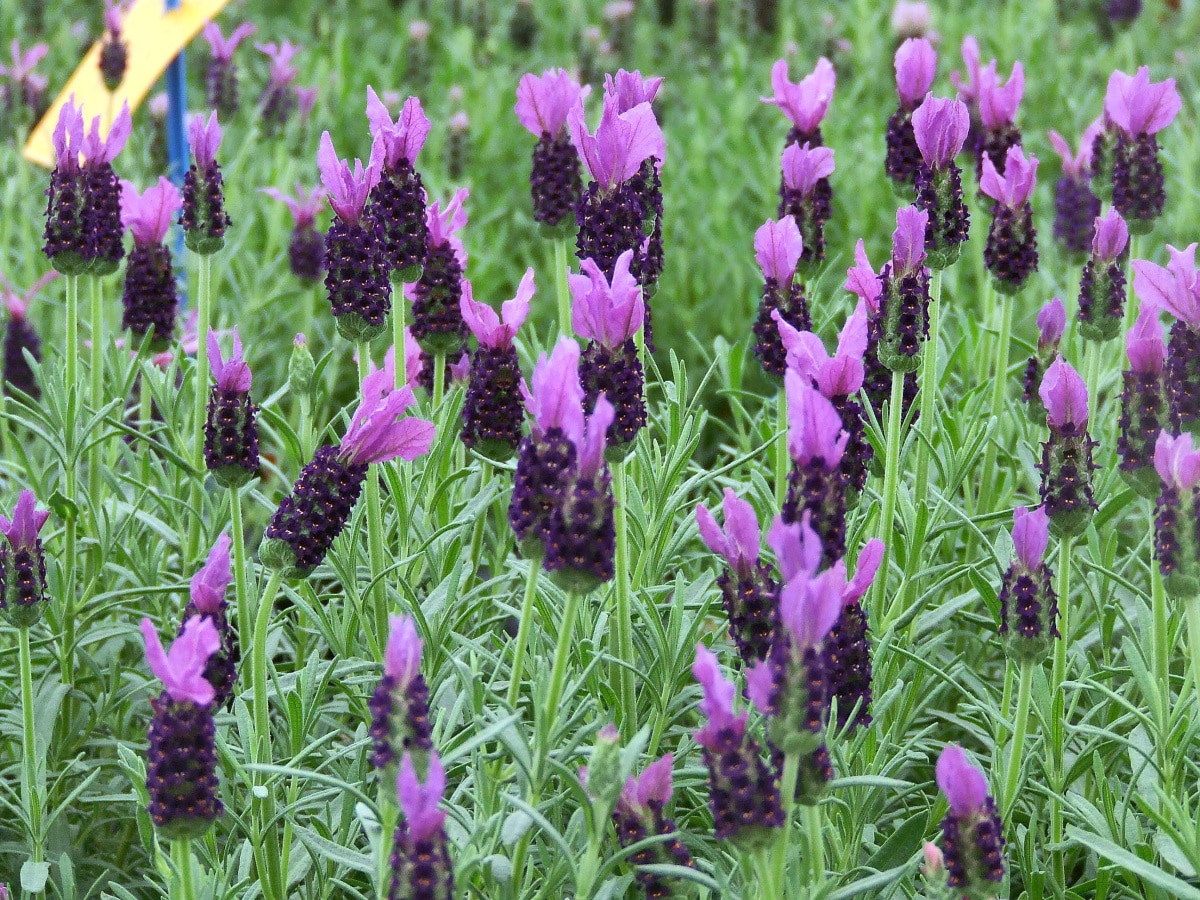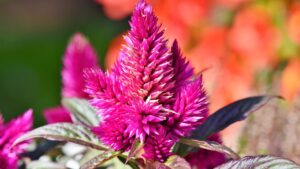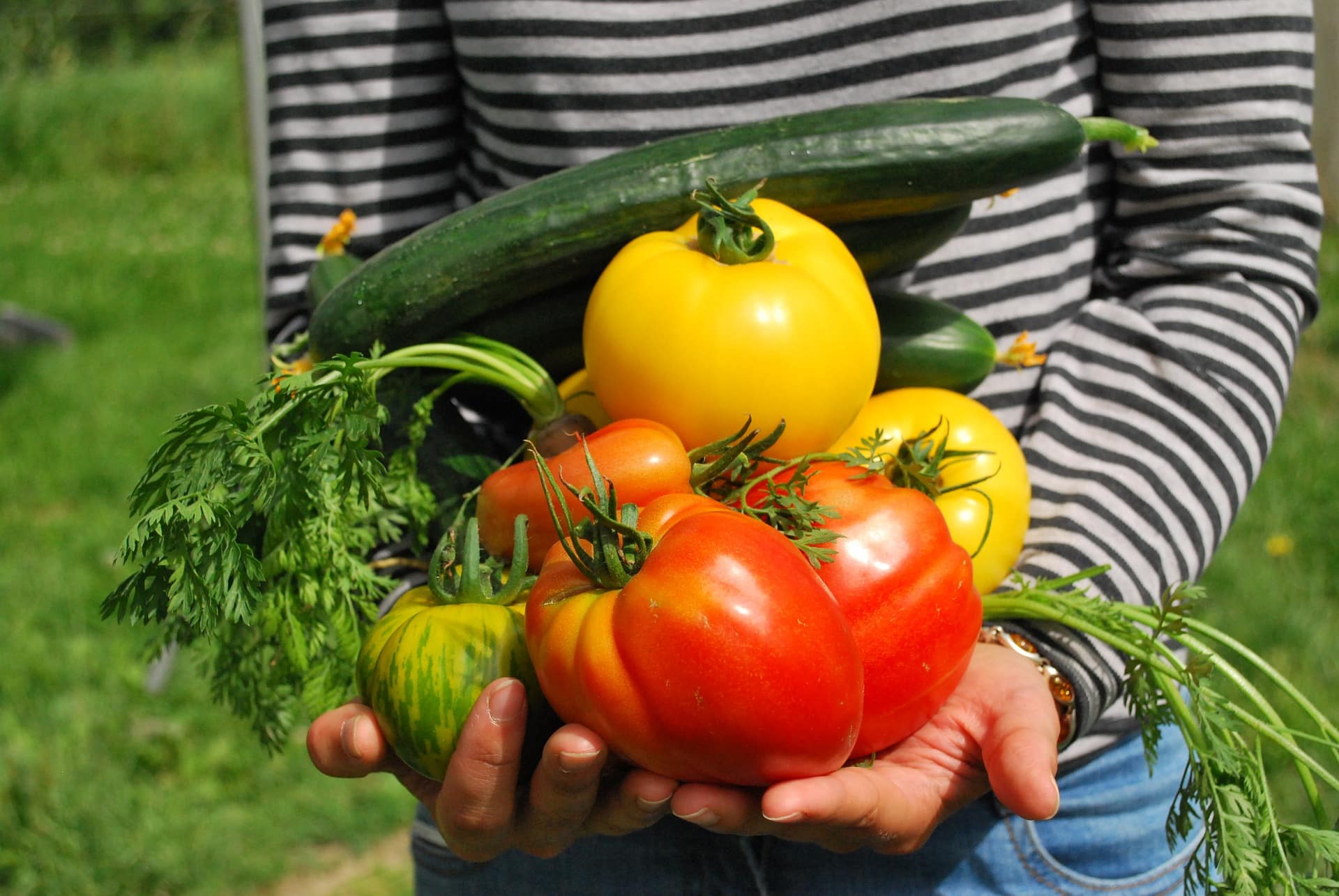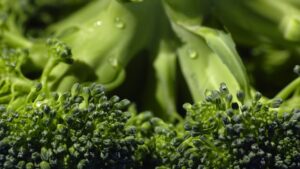Origin: Europe
Family: Lamiaceae
Genus: Lavandula
Types: English, Spanish and French
Ideal Growing Conditions: Lavender grows best in full sun in dry, well-drained soil; it does not like saturated roots. Adding inorganic mulches, such as gravel or sand, could help the soil conditions for a successful lavender bed. All lavender types need little or no additional fertilizer, and it is a good practice to provide air circulation. If you live in a region of high humidity, watch out for root rot due to fungus infection. This is sometimes aggravated by using organic mulches, which can trap moisture around the base of the plant.
Fun Fact: The flowers and leaves of lavender plants are used in many herbal medicines and self-care regimes. Homemade projects and recipes include herbal teas, culinary spices, essential oils, aromatherapy, balms, and more. It is widely added to bath salts, soaps, soaks, perfumes, etc., for a fresh fragrance and calming effect. As a strong-scented herb, dried lavender florets can also be used to repel pests in the garden, or even in the home closet as a fragrant sachet pillow that can ward off moths. French chefs use lavender in a blend called herbs de Provence, which adds a fragrant spice to both savory and sweet dishes.
Other New Varieties: Phenomenal, Provence, Torch, Hidcote Giant, Edelweiss, Fred Boutin
Breeders: West Coast Seeds, American Meadows, Garden Trends, Harris Seeds, Johnny’s Selected Seeds, Botanical Interests, Jung Seed, Select Seeds, Burpee, Territorial, Gardener’s Supply Company, PW, Brent and Becky’s, Earl May, Park Seed, Willhite
Source: National Garden Bureau













